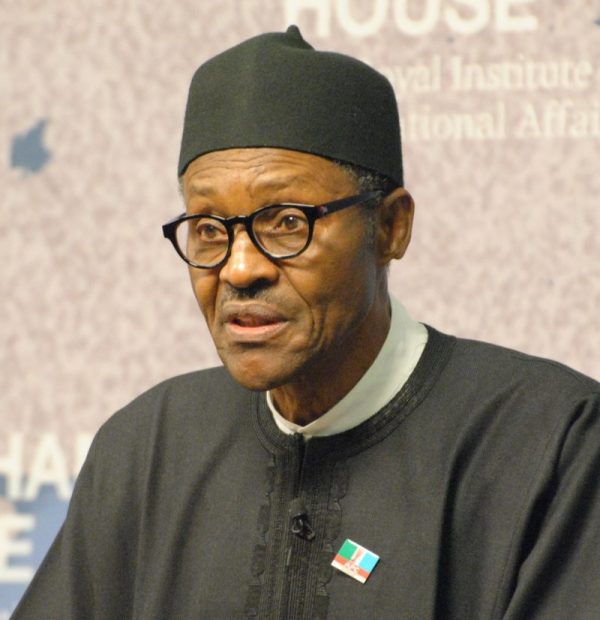Some financial experts on Monday called on the Federal Government to focus more on getting concessional loans from multilateral and bilateral sources to address the country’s economic challenges and fund the 2017 budget.
They told the News Agency of Nigeria (NAN) in Lagos that government needed to revamp the economy to boost investors’ confidence and enhance activities in the nation’s course.
Dr Uche Uwaleke, Head of Banking and Finance Department, Nasarawa State University, Keffi, said that concessional loans from multilateral and bilateral sources would be more cost effective for the country.
“I think the country should focus more on getting concessional loans from multilateral and bilateral sources, having taken the wise decision to re-balance the debt stock in favour of external loans due to the high cost of domestic debt, ” Uwaleke said.
He stated that the resort to foreign loans by the government to finance the budget deficit seemed the best option in the current economic circumstances.
“The current recession rules out the option of increasing taxes, while the high inflation rate will not allow the option of printing money.
On the one billion dollars Eurobonds, Uwaleke said that Nigeria should be careful with contracting commercial loans such as Eurobonds from international capital markets due to their relative high costs.
“If the one billion dollars Eurobonds were oversubscribed, it is mainly because they were sold cheap, promising very high returns sufficient to satisfy the appetite of high-risk foreign investors.
“The Eurobonds were issued in the international capital market at a cost of 7.8 per cent way higher than the sovereign bonds of many Sub-Saharan African countries.”
Mr Ambrose Omordion, the Chief Operating Officer of InvestData Ltd., said that the current economic downturn was affecting the capital market with major indices nosediving due to unimpressive earning reports of companies.
Omordion said that confidence crisis in the whole system, awashed with negative macro-economic indicators, weaned investors confidence.
He stated that the stock market was likely to experience mixed performance as confidence crisis and other investment windows weighed on the market.
Omordion said that investors should keep gaze on value stocks ahead of inflation number for January and more 2016 full year earning reports that would pave the way for market direction this week.
Meanwhile, turnover of 1.05 billion shares ,worth N8.031 billion, were exchanged by investors in 13,586 deals last week compared to a turnover of 1.153 billion shares valued at N8.03 billion, traded in 12,783 deals in the preceding week.
The Financial Services Industry remained the most active when measured in volume terms, accounting for 905.31 million shares worth N3.39 billion traded in 7,501 deals.
NAN reported that the sector contributed 86.03 per cent and 42.32 per cent to the total equity turnover volume and value respectively.
The Conglomerates Sector followed with 43.99 million shares worth N70.390 million in 581 deals.
The third place was occupied by Consumer Goods Industry with a turnover of 30.49 million shares valued at N1.78 billion in 2,565 deals.
The Nigerian Stock Exchange All Share Index dropped by 462.52 points or 1.79 per cent to 25,340.54 from 25,802.54 recorded in the previous week.
The market capitalisation, which opened at N8.892 trillion, lost N122 billion to close at N8.770 trillion due to price loses. (NAN)

